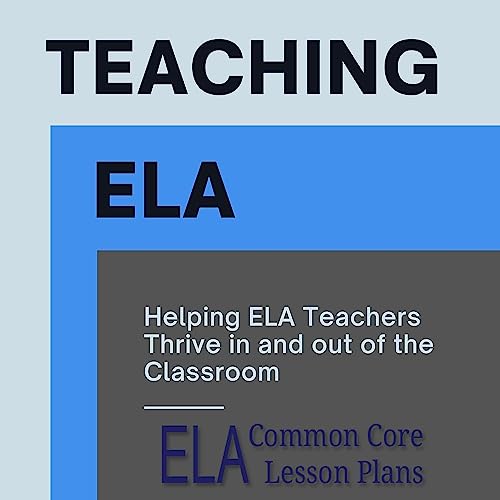Charles Dickens’ father was a pay clerk in a navy office. Because of financial difficulties, the family moved about until they settled in Camden Town, a poor neighborhood in London, England. At the age of twelve Charles worked with working-class men and boys in a factory that handled "blacking," or shoe polish. While his father was in debtor's prison, the rest of the family moved to live near the prison, leaving Charles to live alone. This experience of lonely hardship was the most significant event of his life. It colored his view of the world and would later be described in a number of his novels.
Today’s quote comes from Great Expectations, a novel I first read in college when I was going through my read everything by Charles Dickens phase.
A great choice you can make is to head on over to elacommoncorelessonplans.com.
If you recall the novel, Pip grows up impoverished, receives a large sum of money from a generous benefactor, and makes a mess of his life. His financial mess can be attributed to a lack of financial restraint:
"So now, as an infallible way of making little ease great ease, I began to contract a quantity of debt."
Takeaways
- Great literature is more than a great story.
- Just because we’re teachers doesn’t mean we’re destined to be poor.
- Create a budget and stick to it.
Resources
- 15 Good Money Habits
- Free Video Course Sign Up : https://forms.aweber.com/form/34/1733538234.htm
- Complete Lesson Plans Collections: https://trent-media.myshopify.com/
 2022/09/2610 分
2022/09/2610 分 4 分
4 分 2022/09/246 分
2022/09/246 分 7 分
7 分 17 分
17 分 9 分
9 分 2022/08/165 分
2022/08/165 分 2022/08/156 分
2022/08/156 分

